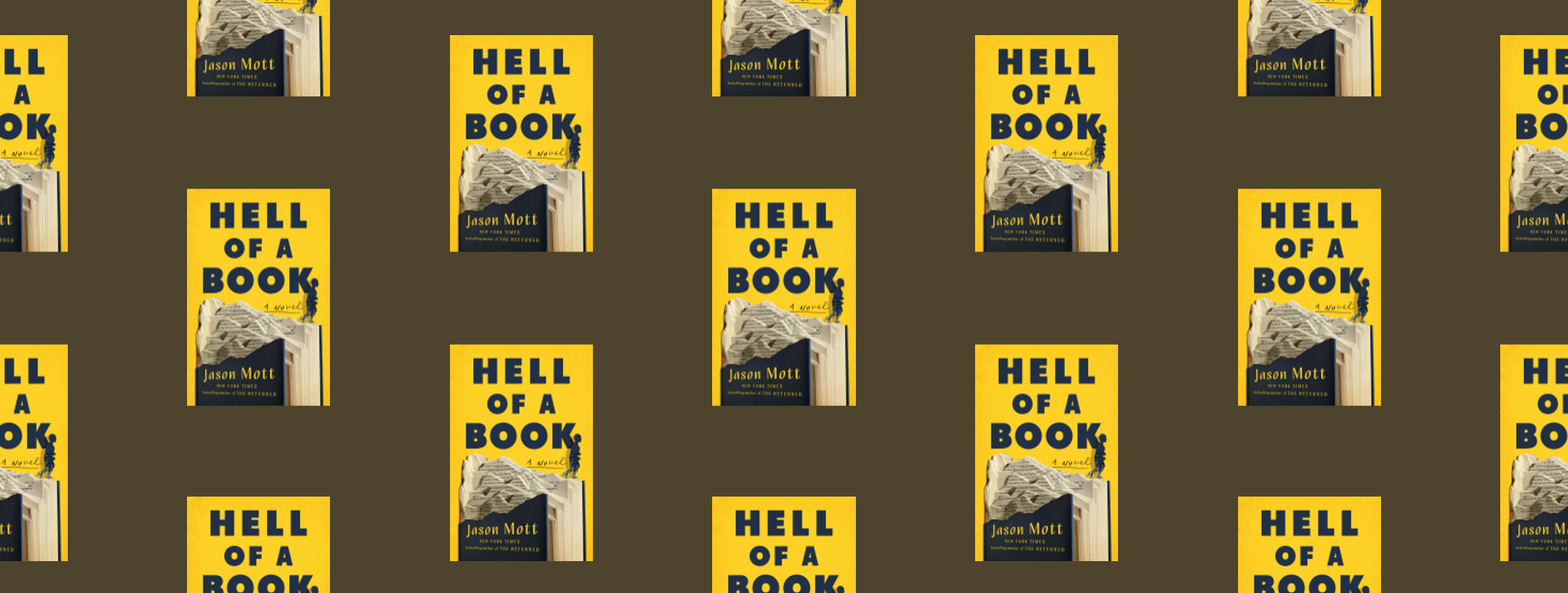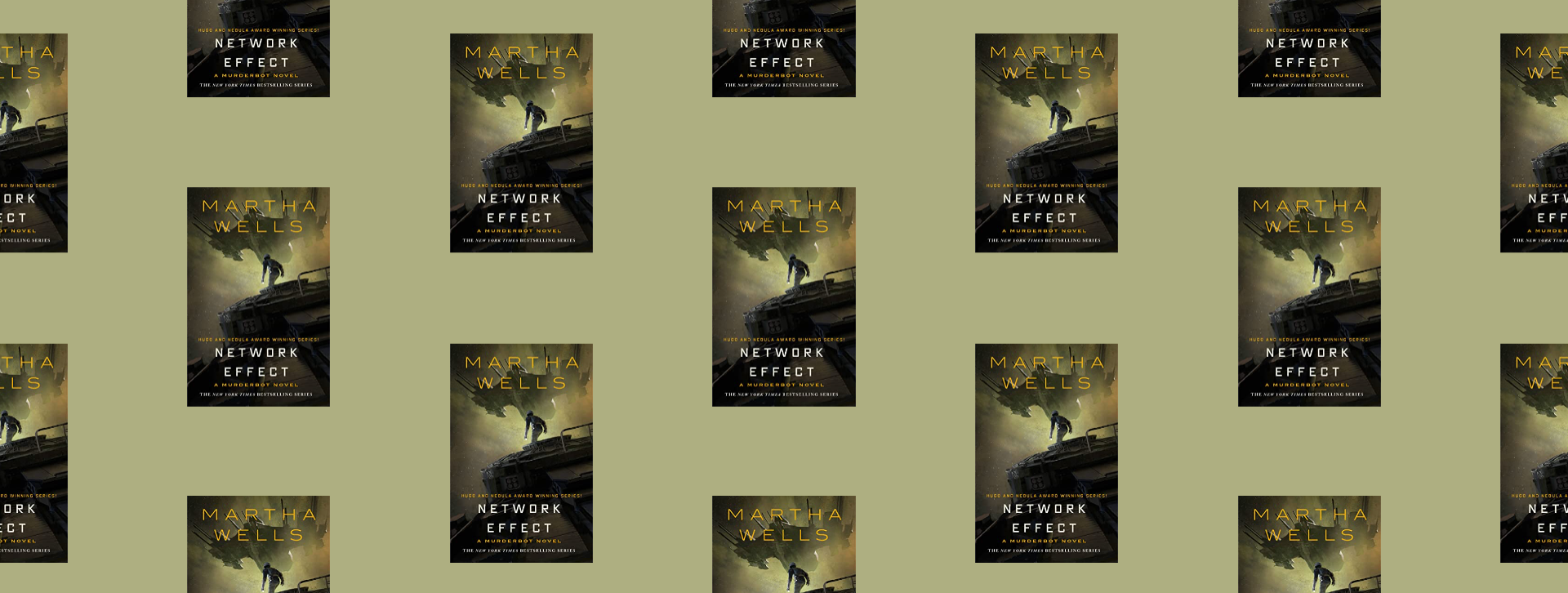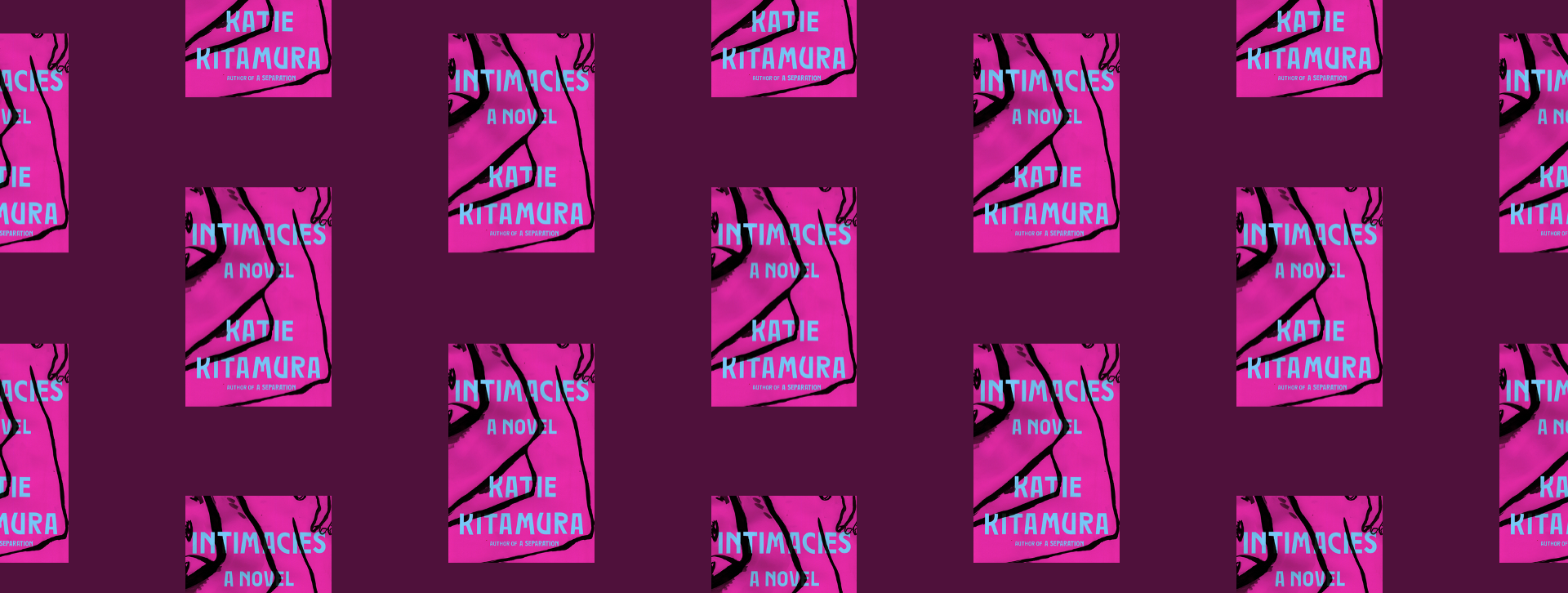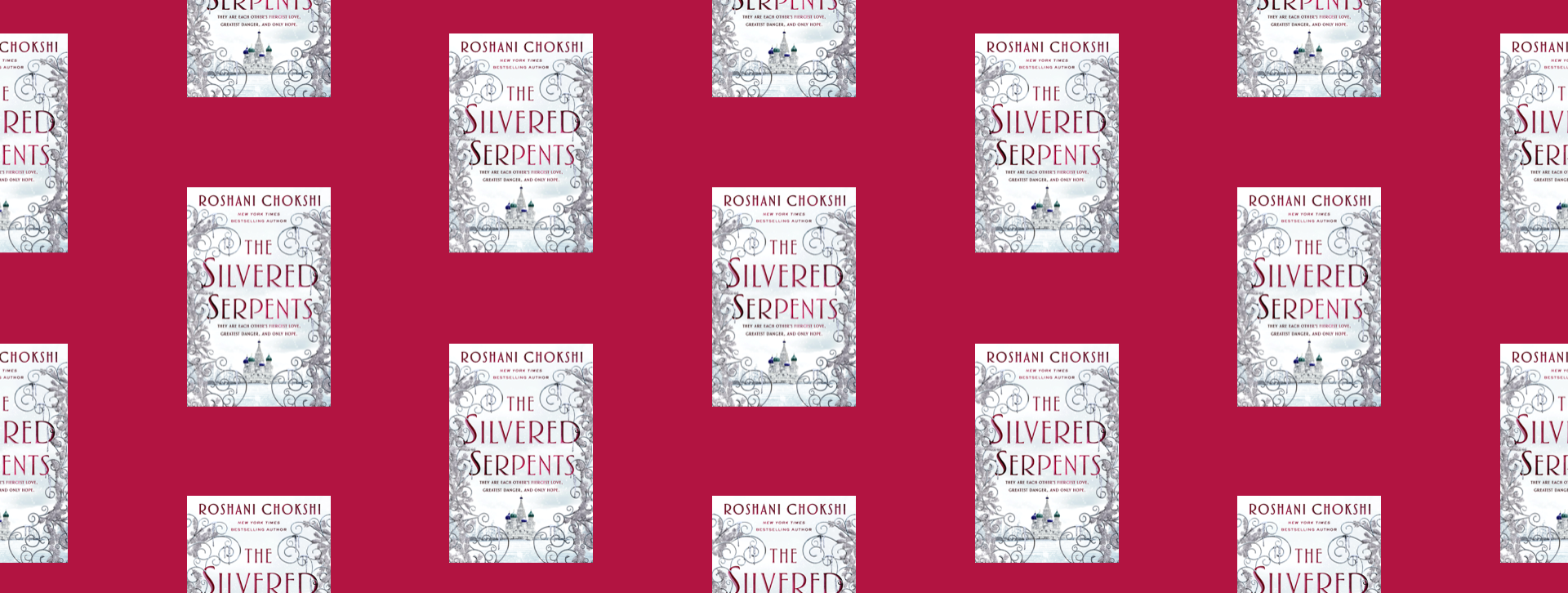Alien Stories
Alien Stories is a resonant, haunting little collection. Every story made an impression on me, and I was so impressed with Osondu’s imaginative, precise craft.
The Ghost Variations: One Hundred Stories
The Ghost Variations is a fun and smart set of 100 flash fiction ghost stories. I read a few each day in October and loved it. Brockmeier has created something really creative here.
Harrow the Ninth (The Locked Tomb, #2)
I was lukewarm on Gideon the Ninth, and unfortunately I wasn’t a huge fan of Harrow either. The ending was good — but you spend the whole book not just curious, but deeply lost and confused. I didn’t find it much fun.
Hell of a Book
Hell of a Book is a really creative, really affecting novel that’s as funny as it is devastating. One heck of a ride, it will surprise you and move you.
Network Effect (The Murderbot Diaries, #5)
Network Effect was my favorite Murderbot story so far. I think the full-novel length gives it space to appeal to those who don’t always gravitate toward hard sci-fi.
A Spindle Splintered (Fractured Fables, #1)
A Spindle Splintered is a really fun, really creative quick read. It’s not quite a retelling, but people who love retellings will love this. I’m excited to read more of these Fractured Fables!
Intimacies
Intimacies is a sharp, taut novel that was very different from what I expected based on the synopsis. It’s much more about tension, power, and character than events or plot.
The Book of Magic (Practical Magic, #2)
The Book of Magic is a really great conclusion to the Practical Magic series. I think fans of the Owens family are going to love it.
Bewilderment
Bewilderment is a gorgeously written, heartbreaking, highly consumable novel. I didn’t think it was perfect, but I definitely did enjoy it.
The Souvenir Museum
The Souvenir Museum is a collection of solid stories. Unfortunately, not many of them grabbed me, but I did like the fact that many of the stories were linked.
The Actual Star
Oh my gosh, I loved The Acutal Star so much. It’s so creative and smart and well-written. Every chapter was a puzzle. This is one to savor and enjoy!
Olive Kitteridge
I’m late to the game with both Elizabeth Strout and Olive Kitteridge, but I’m so glad I finally arrived! What beautifully rendered characters. I loved it.
The Silvered Serpents (The Gilded Wolves, #1)
The Silvered Serpents is a fun book two in the Gilded Wolves trilogy. It’s a formulaic YA fantasy plot, but in a way that’s entertaining and could make a great comfort read.
The Love Songs of W.E.B. Du Bois
The Love Songs of W.E.B. Du Bois is a true feat. This one feels like a new great American novel, sweeping and forceful. I loved all 800 pages, and I expect it to win many awards.




















